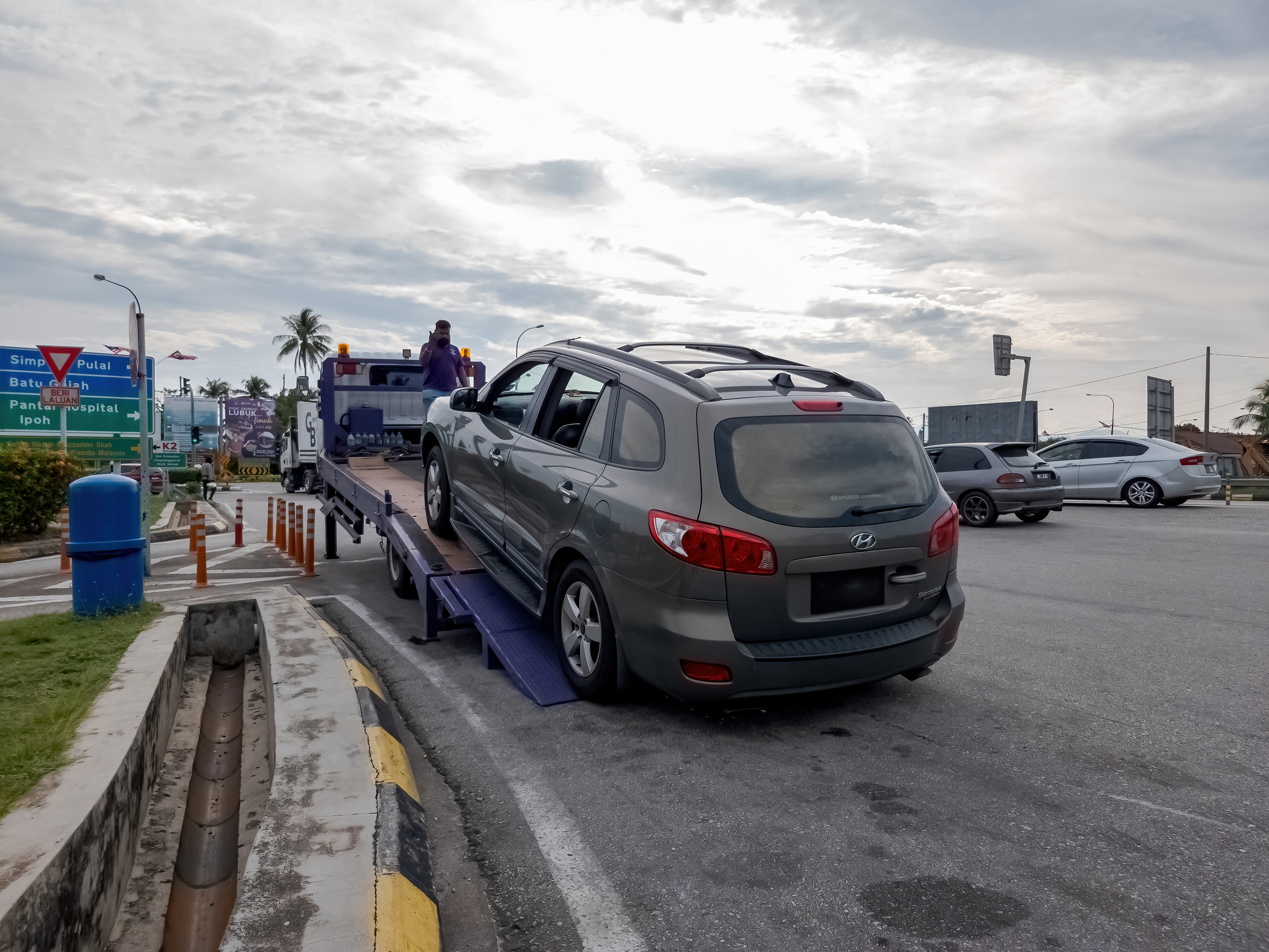
When someone passes away, their car often becomes one of the most visible assets left behind. Instead of waiting for the will to be settled, more and more families are jumping the gun and grabbing the keys early. It might look harmless, but it’s setting off a wave of disputes in probate courts across the country.
Cars are highly emotional symbols of independence and memories, which makes them tempting targets. The quiet act of seizing them before the paperwork is complete is stirring trouble that few expect.
Why Cars Become the First Target
Unlike real estate or investment accounts, vehicles are easy to take and harder to track. All it takes is a set of keys and a quick drive to remove them from the estate. Relatives may justify it as “just borrowing” or “keeping it safe,” but it often snowballs into full-blown disputes. Cars also carry sentimental value, which can make relatives feel entitled to claim them prematurely. That combination of practicality and emotion makes vehicles the first thing many heirs rush for.
The Legal Risks Nobody Considers
Grabbing a car before the estate is officially settled can land someone in serious legal trouble. Probate law generally requires all assets to remain intact until the court gives the green light. If one heir takes a vehicle, it could be seen as theft or unlawful possession. The executor of the estate can demand the car’s return and may even involve law enforcement. Many people don’t realize that their “innocent” shortcut could come back as a costly mistake.
Executors Caught in the Middle
The executor has the tough job of keeping everything fair, and early car seizures make that role even harder. They are responsible for protecting assets until the will is finalized. If someone has already taken a vehicle, the executor faces the challenge of retrieving it without sparking more conflict. This can cause delays in settling the estate and add unnecessary tension among family members. Executors often find themselves refereeing fights that never should have started.
Emotional Attachment Fuels the Rush
Cars often hold a deep sentimental pull, especially if they were central to the deceased’s daily life. A truck used for fishing trips, a classic car restored over decades, or even the family minivan can become symbolic treasures. This emotional weight fuels the urgency to seize them before others get the chance. Relatives may act quickly out of fear that someone else will claim the same car. Unfortunately, emotion-driven decisions often backfire in probate battles.
The Financial Fallout That Follows
Beyond the legal risks, early seizures can cause financial headaches for the entire estate. Vehicles are part of the estate’s total value, which impacts debts, taxes, and distribution. If a car is removed, it can create confusion in accounting and spark disputes over its worth. Selling or transferring the vehicle too soon can trigger penalties or complicate inheritance taxes. What looks like a quick win can actually reduce everyone’s share in the long run.

When Heirs Turn on Each Other
Few things sour family relationships faster than accusations of theft or entitlement. Taking a car before the will is finalized can create long-lasting rifts between siblings, cousins, or even parents and children. Once trust is broken, every decision in the probate process becomes a battleground. Small disagreements over assets can spiral into expensive lawsuits. The damage to family ties often outweighs any value of the car itself.
Why Courts Are Cracking Down
Courts have started to recognize the growing trend of premature asset seizures. Judges are increasingly issuing stern warnings to heirs who attempt to bypass the process. Some have imposed fines or ordered vehicles returned immediately. Legal systems are taking steps to protect estates from being raided before the will is honored. This signals that grabbing a car early isn’t just frowned upon—it’s actively being punished.
How to Avoid the Problem Altogether
The best way to prevent car-seizing drama is to plan ahead with clarity. Wills should specify exactly who inherits each vehicle, leaving little room for dispute. Executors can also secure cars quickly, keeping them in safe storage until probate closes. Families who communicate openly about expectations reduce the urge to act impulsively. Clear planning prevents the quiet trend from exploding into loud, costly fights.
Respect the Process, Save the Peace
The growing habit of seizing cars before the will is finalized may seem harmless, but it’s a recipe for conflict, legal trouble, and family fractures. Cars carry emotional and financial weight, which makes them prime targets for premature grabs. Courts are stepping in, but the real solution lies in patience, planning, and respect for the probate process. Holding off ensures fairness and keeps families from tearing themselves apart over a set of wheels.
What do you think—have you seen this happen in your circle, and should families be stricter about respecting estate boundaries?
Read More
Why That Gifted Car Could Lead to IRS Trouble
10 Things You Leave Visible in Your Car That Help People Profile You
The post The Quiet Trend of Seizing Cars Before the Will Is Finalized appeared first on Everybody Loves Your Money.







